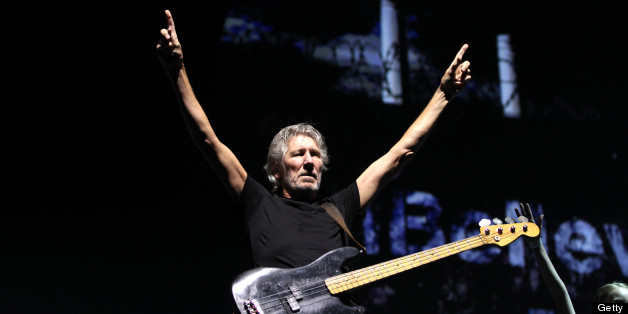
and The Pros and Cons of Hitchhiking), but mainly spent time with songs from albums such as Animals, Wish You Were Here and Dark Side of the Moon, albums that he had all but ignored since leaving the Floyd. And while Gilmour, Wright and Mason packed the ‘Shoe just a few years ago, Roger Waters’ Sunday night performance saw an attendance of just over 7000.Playing two sets, Waters offered a handful of songs from some of his solo work (Amused to Death, Radio K.A.O.S. Since Roger Waters left Pink Floyd in 1983, fans of the band have had several opportunities to see the lyricist and primary composer (Roger Waters) or the remaining three musicians (David Gilmour, Rick Wright and Nick Mason), who still bear the name, perform but never both at the same time. Roger Waters was part of the group for a total of two decades, from 1965 to 1985, with a single reunion taking place in 2005 on the occasion of the Live8 charity festival.Waters` show missing something - Pink Floyd “It’s really disappointing that these rather elderly gentlemen are still at loggerheads.” “It’s a constant irritation, really, that he’s still going back to.” Mason, who gets along with both Waters and Gilmour, finds the feud tiresome. “I think the problem is Roger doesn’t really respect David.” He also noted that Roger is irritated by the fact that Pink Floyd still continued after he left.

In 2018, drummer Nick Mason shared his thoughts on the Gilmour-Waters feud in an interview with Rolling Stone. Roger Waters has accused Gilmour of keeping him on the sidelines on the Pink Floyd website and social media. Now, the war continues between Gilmour and Waters. The result was an almost two-year stoppage of musical activities until an agreement was reached in December 1987 Roger would not have to fulfill the contract, but would only have access to copyright items related to the concept of The Wall album and the inflatable chimerical pigs that were installed at the band’s concerts. Gilmour and drummer Nick Mason objected, saying they intended to continue with the ensemble. In December 1985, Waters invoked the termination clause of his contract and, the following year began the process of dissolving the group in the British Supreme Court. It was enough to cause an internal rift between the members.

Sovereignty in decisions resulted in extremely positive reviews, as journalist Kurt Loder reviewed for Rolling Stone magazine at the time, classifying it as a “masterpiece of artistic rock” - but, in the same review, evaluating the work as “essentially a solo album by Roger Waters”. Gilmour, who helped on vocals, asked his friend to slow down so he could contribute with compositions, but he was not heard. In “Echoes: The Complete History of Pink Floyd”, biographer Gleen Povey explained that the album would have been completely the result of Waters’ creations, from lyrics to melodies. The intrigue, however, was more troubled than publicly announced. Roger Waters, the founding member alongside David Gilmour, decided to leave in 1985, citing several creative mismatches after the release of “The Final Cut” two years earlier.

The music gods never foresaw such a full-scale technical fight During the 1980s, a tussle between the two responsible for the vocals of the English band Pink Floyd reached the pages of newspapers and even documents in court.


 0 kommentar(er)
0 kommentar(er)
